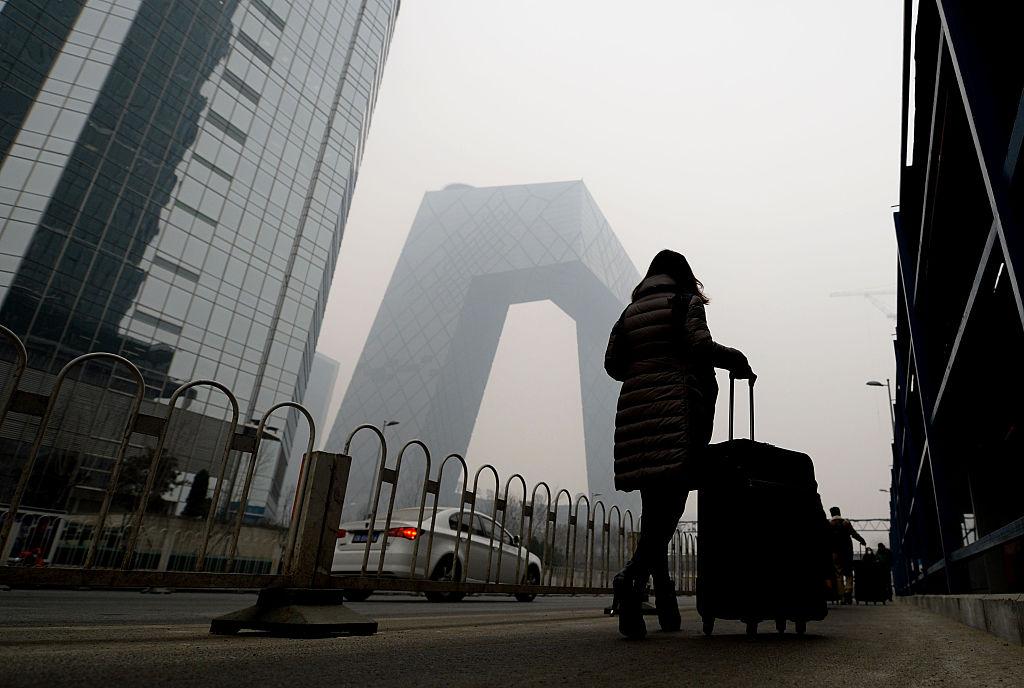An arrest warrant has been issued by United Kingdom authorities against a reporter working for China’s state-run broadcaster, after she failed to show up for a court hearing, according to BBC.
The suspect is Kong Linlin, 49, a London-based reporter for CCTV, who failed to show up at the Birmingham Magistrates’ Court.





